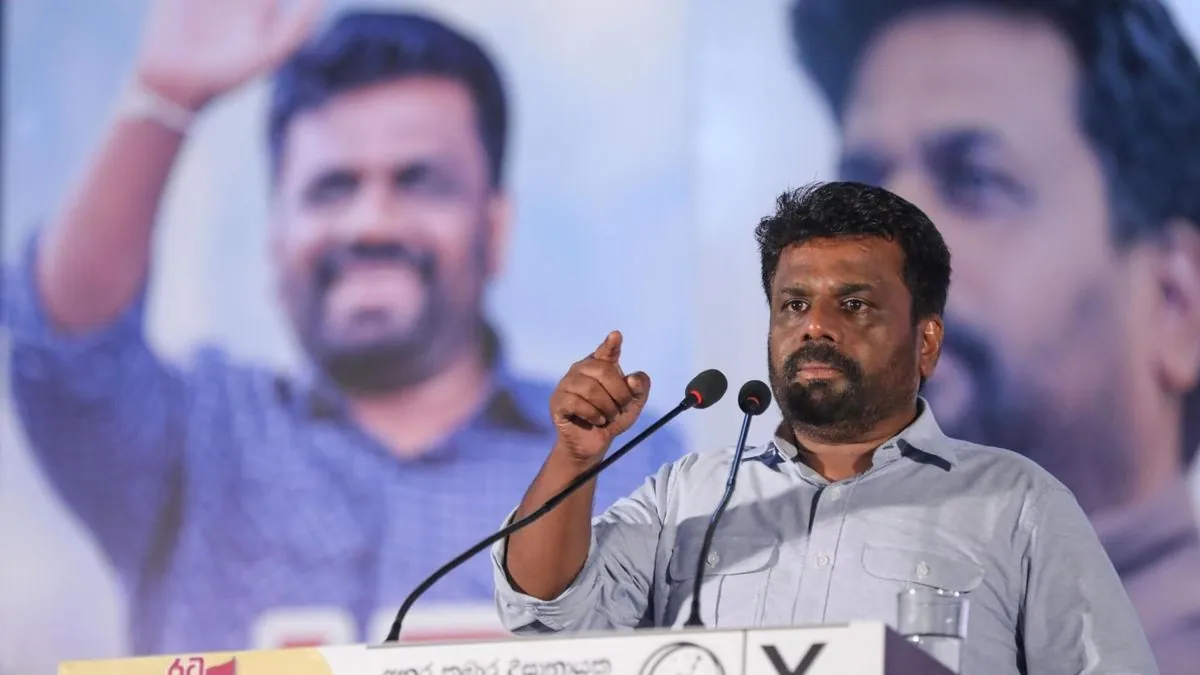In a significant political shift, Anura Dissanayake, a Marxist politician, emerged victorious in Sri Lanka's presidential election held over the weekend of September 21-22, 2024. This outcome marks a departure from the country's traditional political landscape, as Dissanayake's pro-working class campaign resonated with voters, particularly the youth.
Dissanayake triumphed over opposition leader Sajith Premadasa and incumbent President Ranil Wickremesinghe, who had been at the helm during Sri Lanka's severe economic crisis that began in 2022. The election results reflect a desire for change among Sri Lankans, who have faced significant economic hardships in recent years.
Born on November 24, 1968, in central Sri Lanka, Dissanayake became politically active during his school years. His involvement intensified at university, where he joined the Socialist Students' Union, affiliated with the Janatha Vimukthi Peramuna (JVP) or People's Liberation Front. The JVP, a Marxist political party, has a complex history, including two unsuccessful armed insurrections in the 1970s and 1980s.
Dissanayake's political journey led him to enter parliamentary politics in 2000, serving briefly as agriculture and irrigation minister. In 2014, he was elected leader of the JVP. Recognizing the need for broader support, he formed the National People's Power (NPP) alliance in 2019, bringing together various political and civil society groups.
Throughout his career, Dissanayake has evolved from a far-left stance to a more moderate position. While still leading a Marxist party, he now advocates for a free market economy with social protections. His campaign focused on accountability, promising to combat corruption and end privileges for politicians.
"We will maintain the IMF deal with necessary changes, given its importance to our economic recovery. However, we will also prioritize supporting local businesses and improving living standards for all Sri Lankans."
The new president faces significant challenges, including managing Sri Lanka's relationship with the International Monetary Fund (IMF) while addressing the population's economic concerns. Dissanayake has pledged to maintain the IMF deal with modifications, recognizing its importance for economic recovery.
However, concerns persist regarding Dissanayake's stance on issues related to the Tamil minority. During his campaign, he rejected proposals for increased devolution of power to Tamil-majority regions and expressed reluctance to investigate alleged war crimes during the civil war that ended in 2009.
As Sri Lanka enters this new political era, it is worth noting some key facts about the country:
- Sri Lanka gained independence in 1948 and was known as Ceylon until 1972.
- The country has a population of approximately 22 million and boasts a literacy rate of over 90%.
- Buddhism is the predominant religion, practiced by about 70% of the population.
- Sri Lanka has eight UNESCO World Heritage Sites and is known for its biodiversity.
- The country is a major exporter of tea and cinnamon, with the latter accounting for 80-90% of the world's supply.
Dissanayake's presidency marks a new chapter in Sri Lanka's political history. As the country continues to grapple with economic challenges and social issues, the world will be watching to see how this Marxist leader navigates the complexities of governance in a nation striving for stability and progress.
